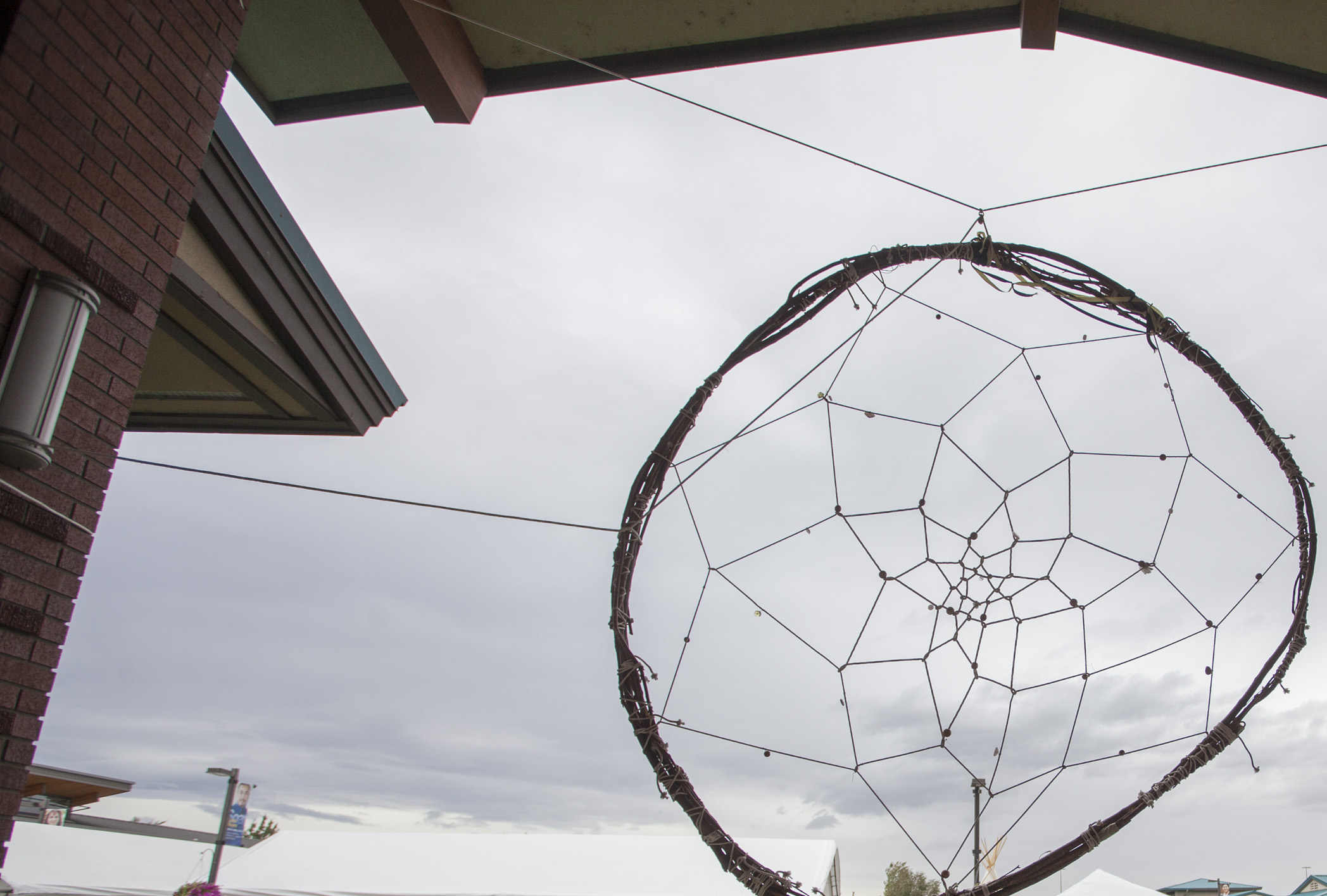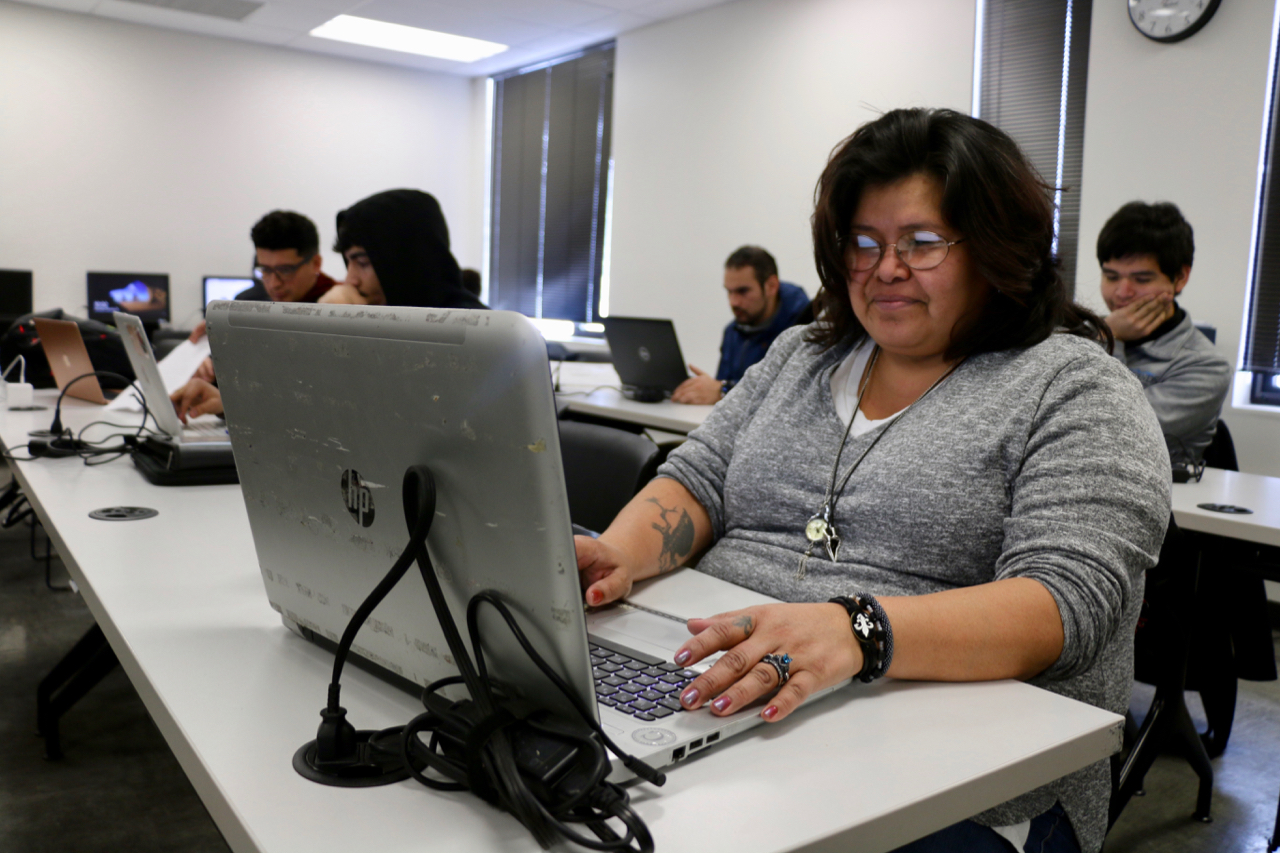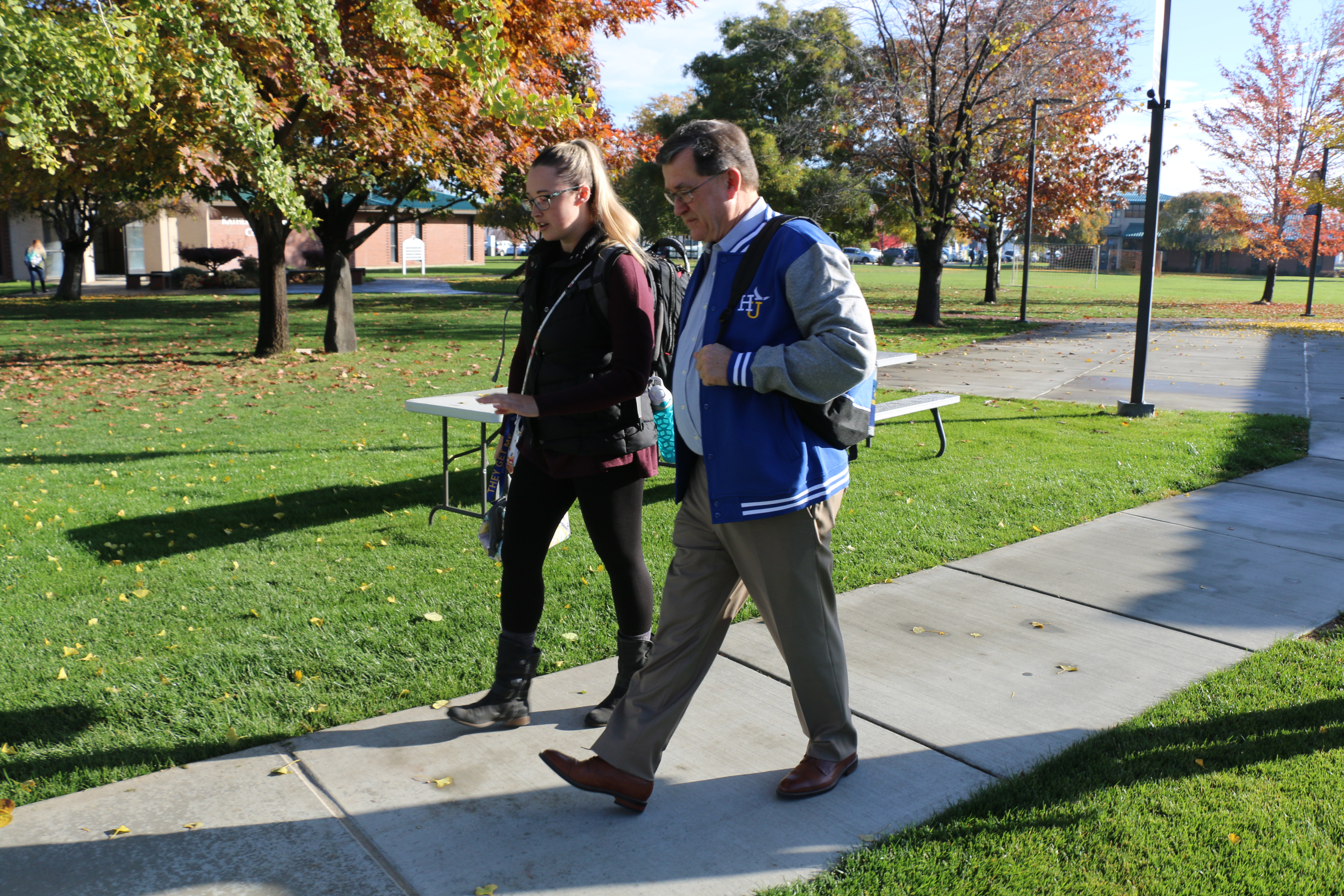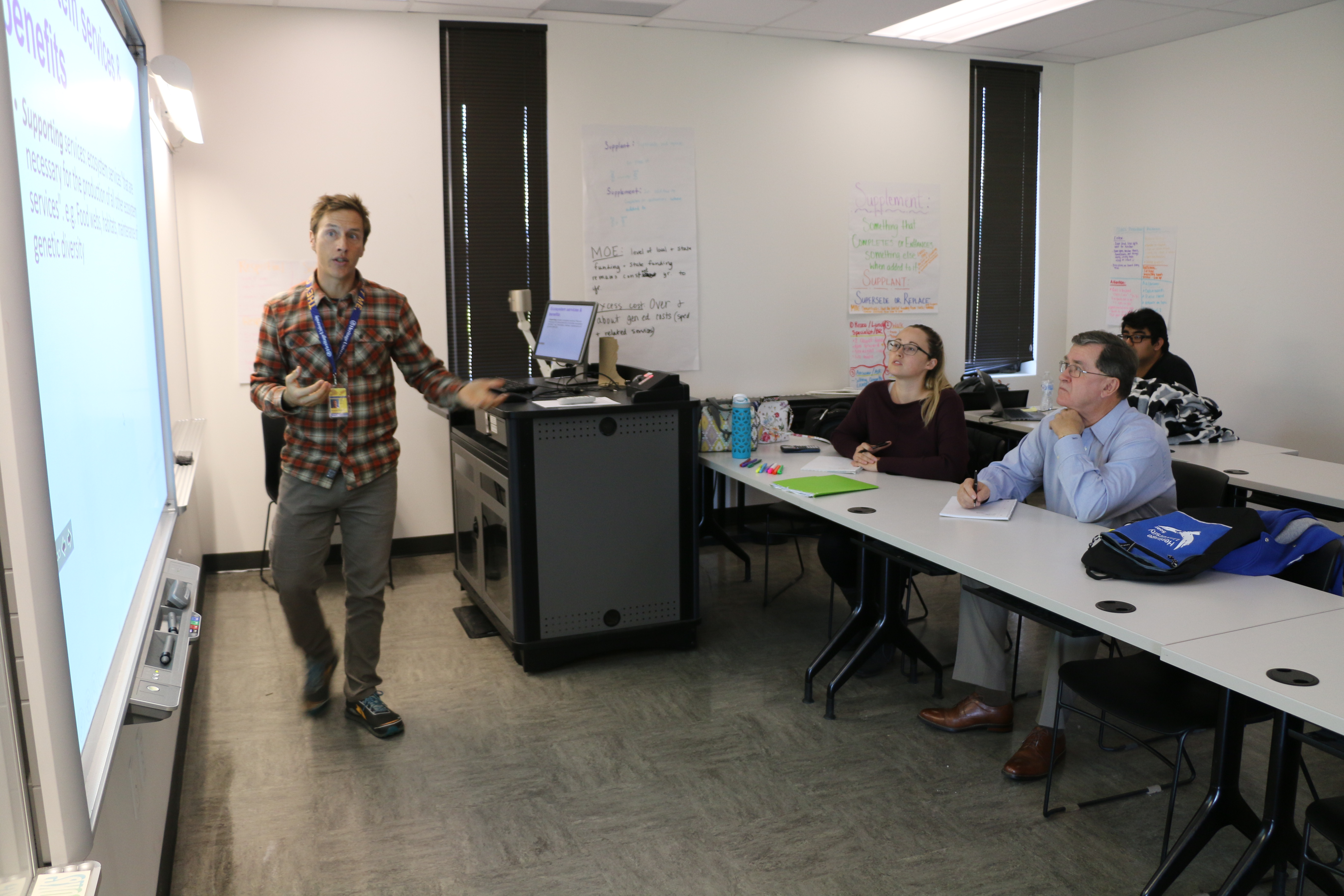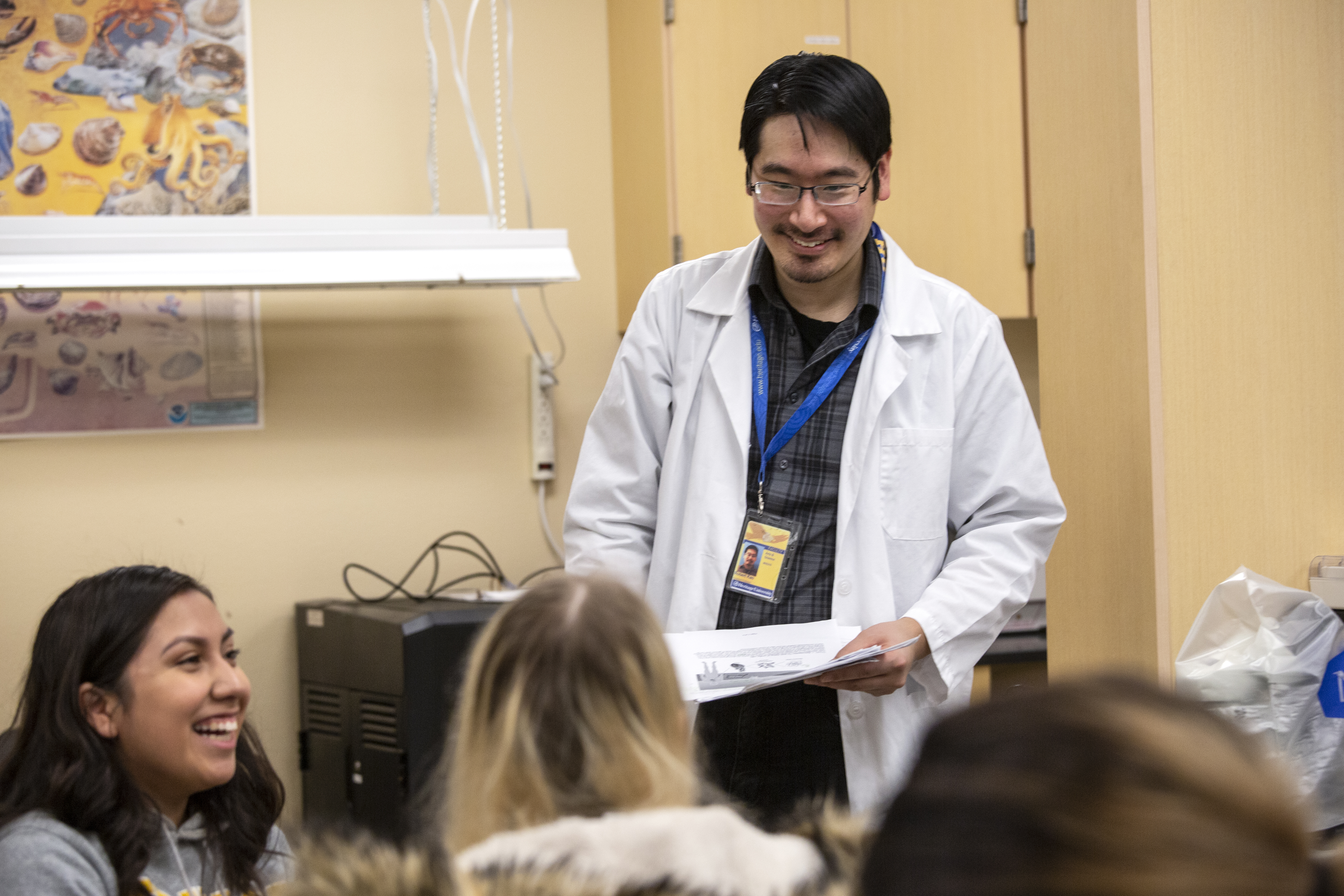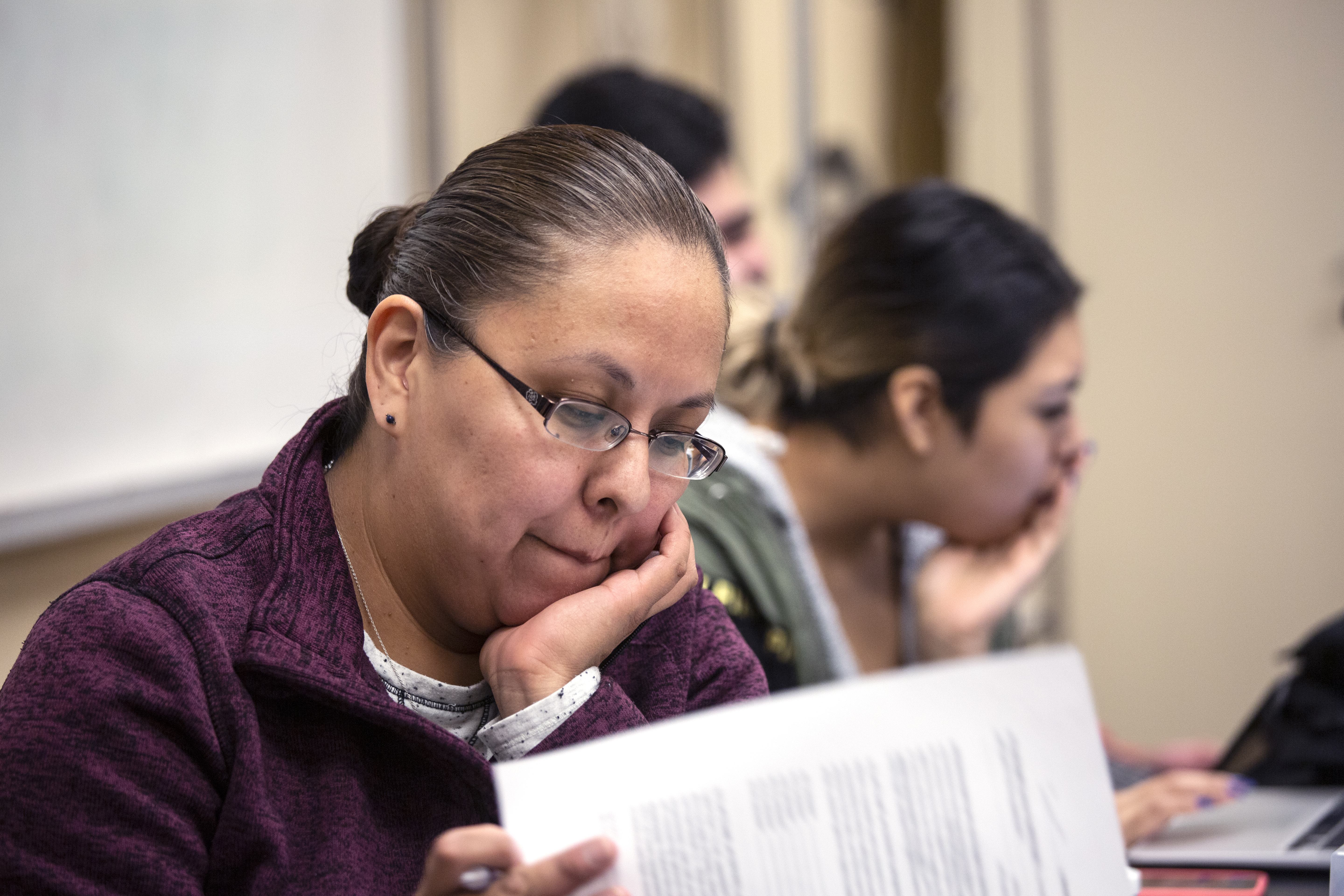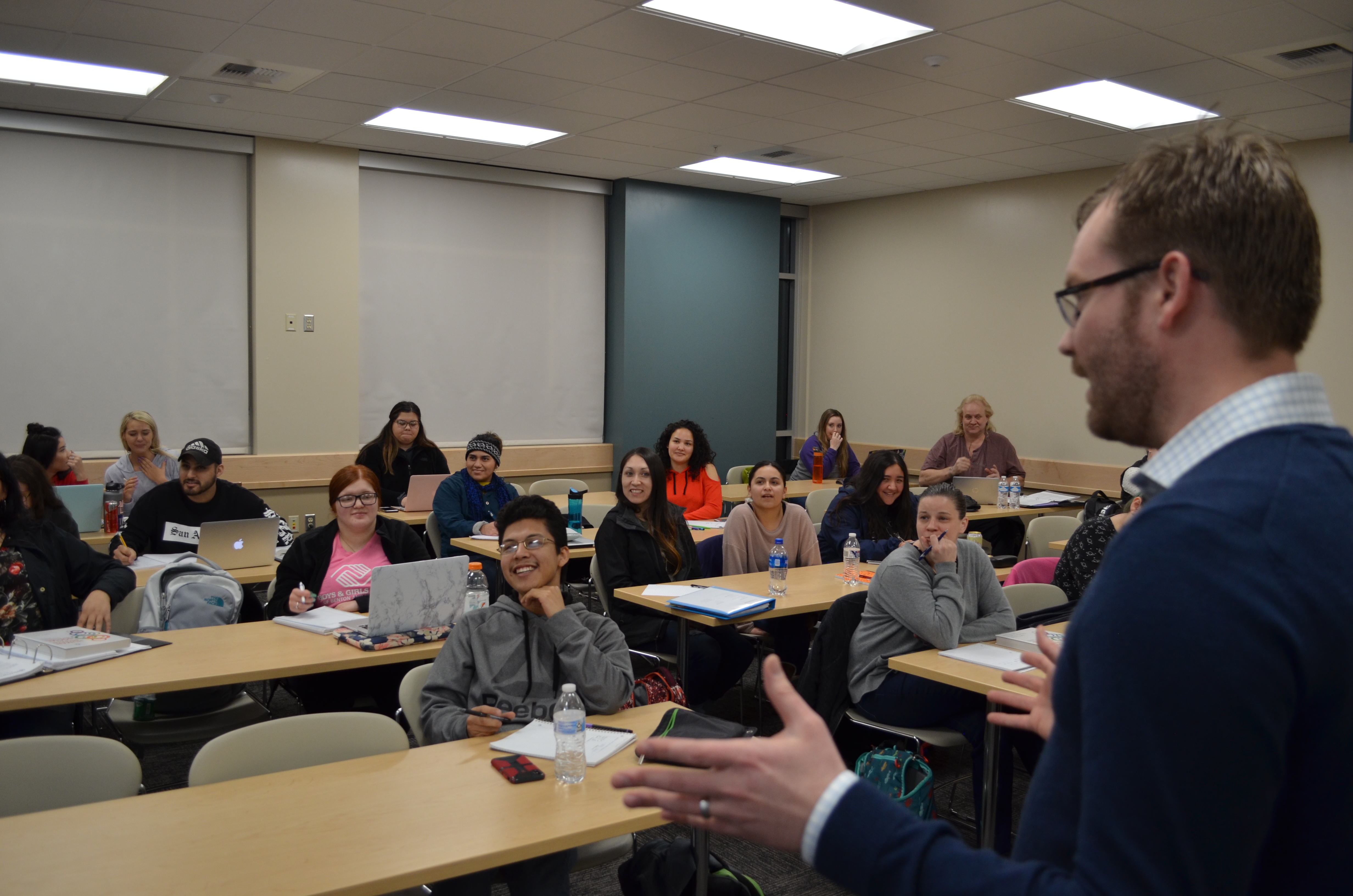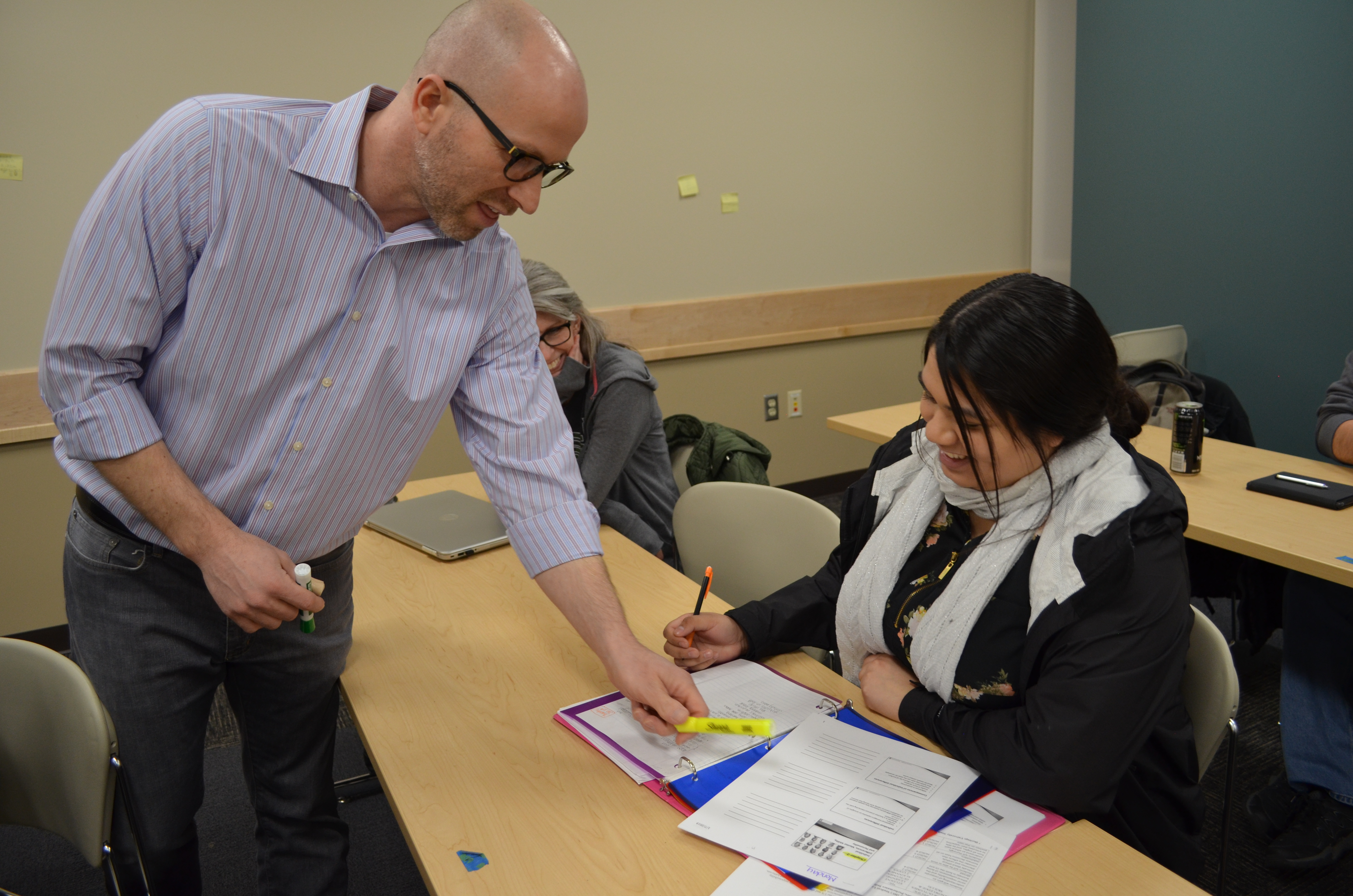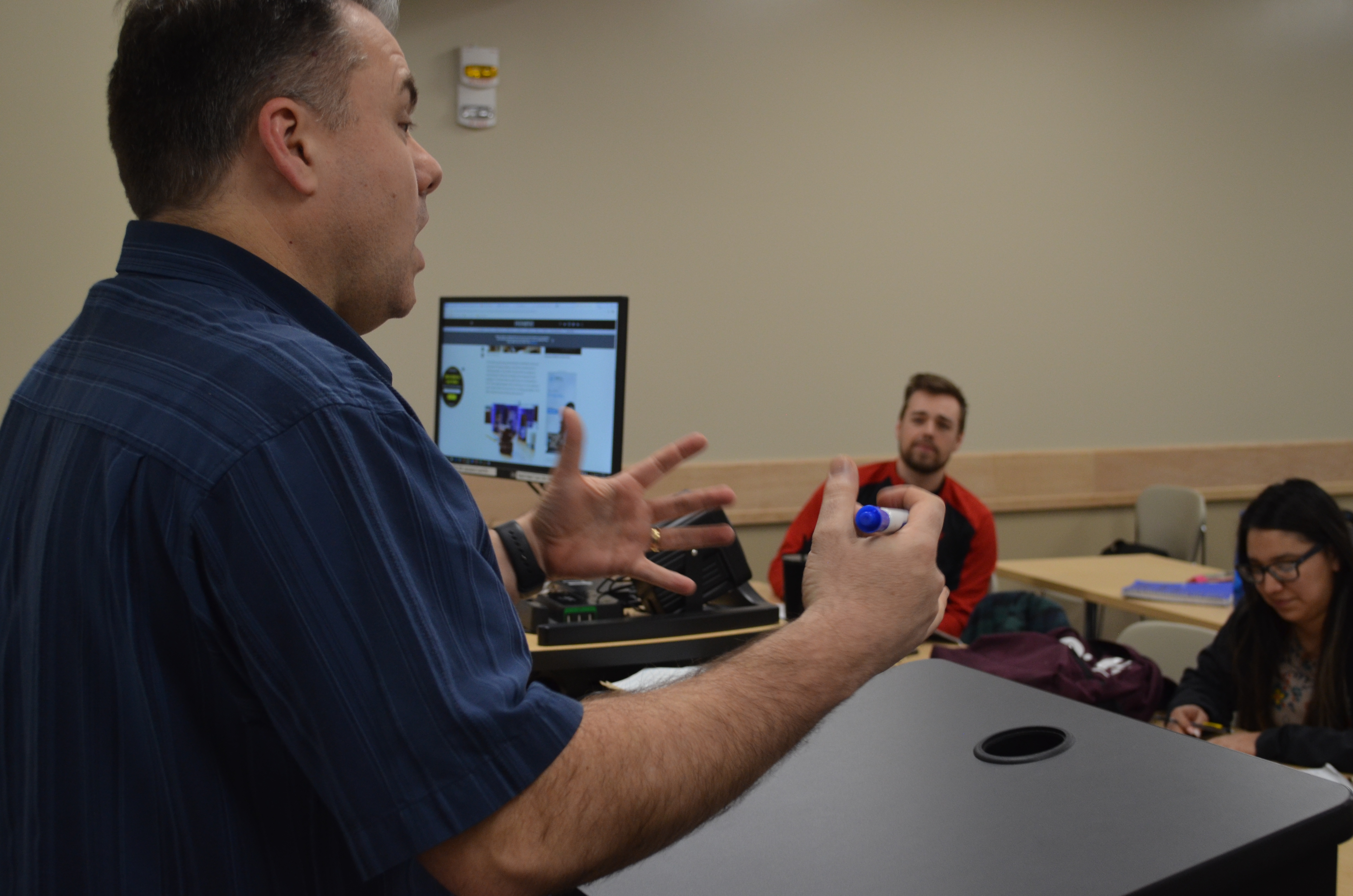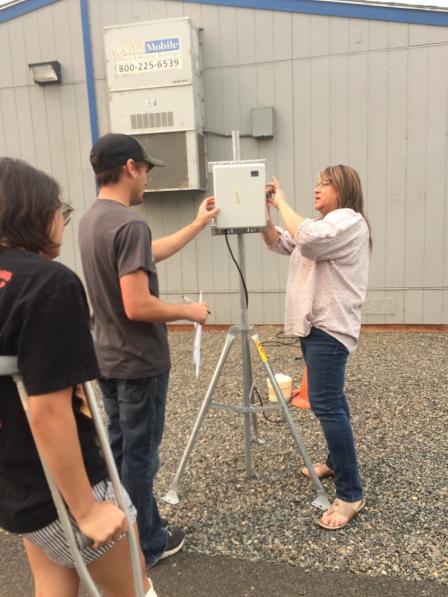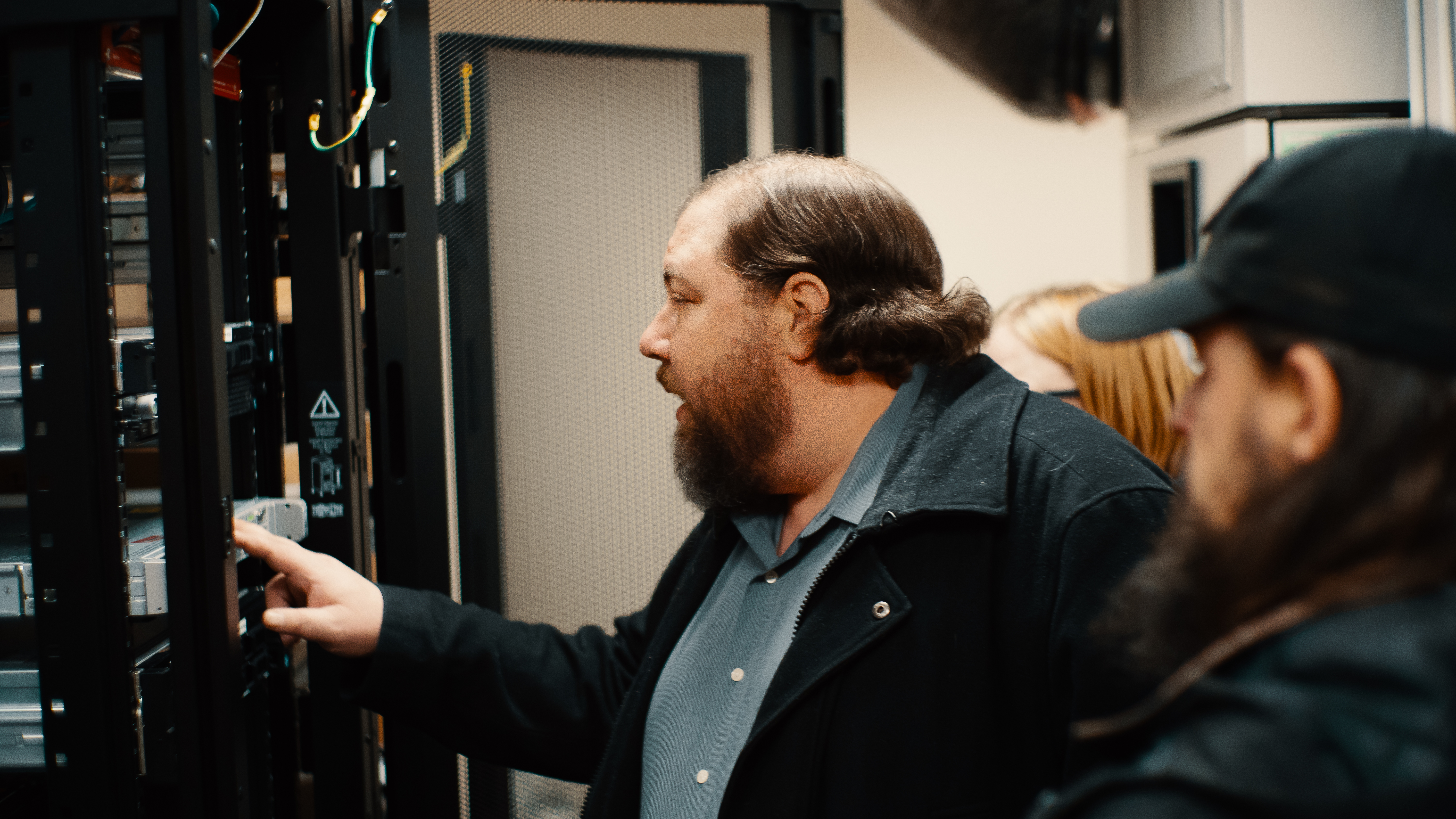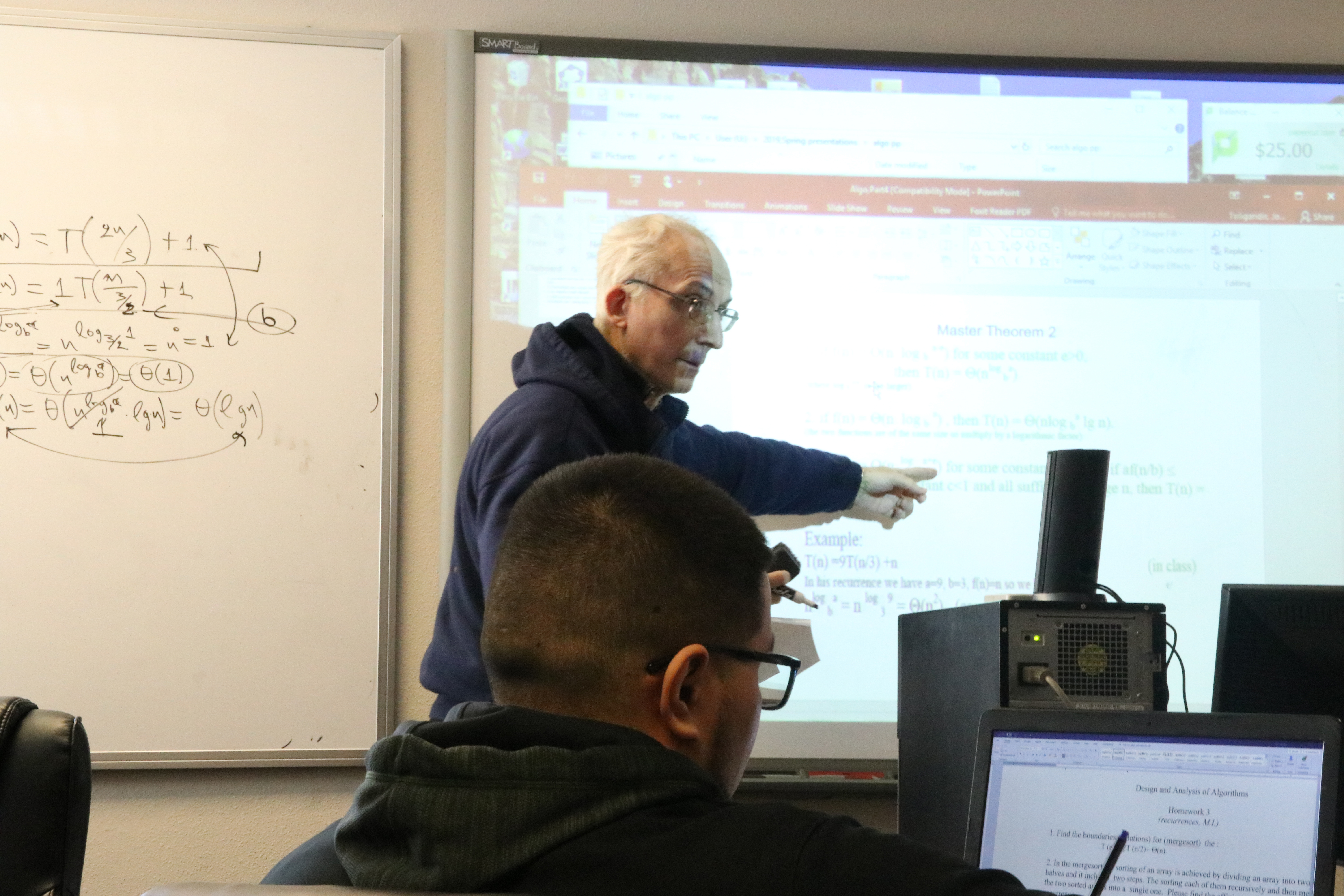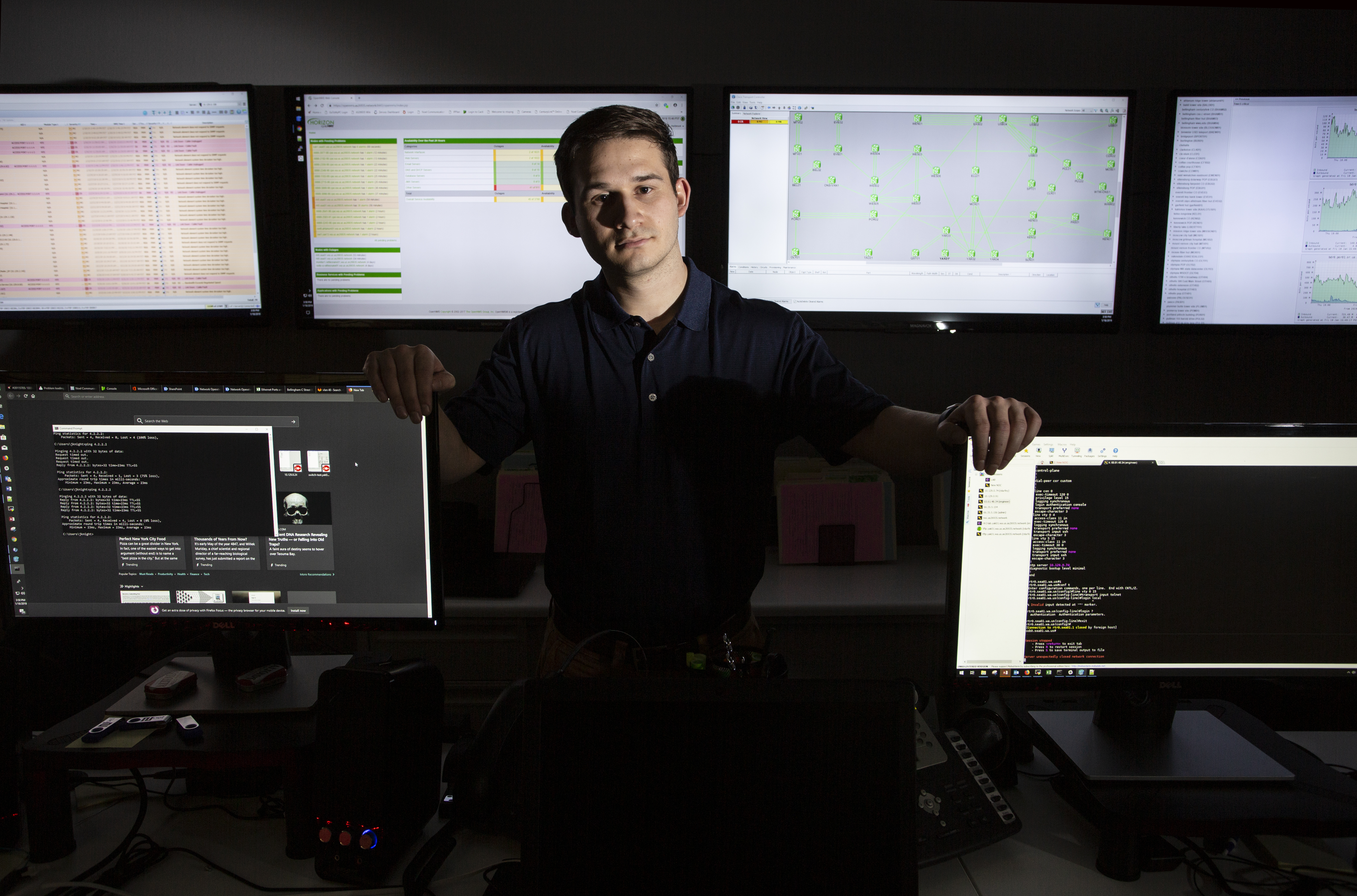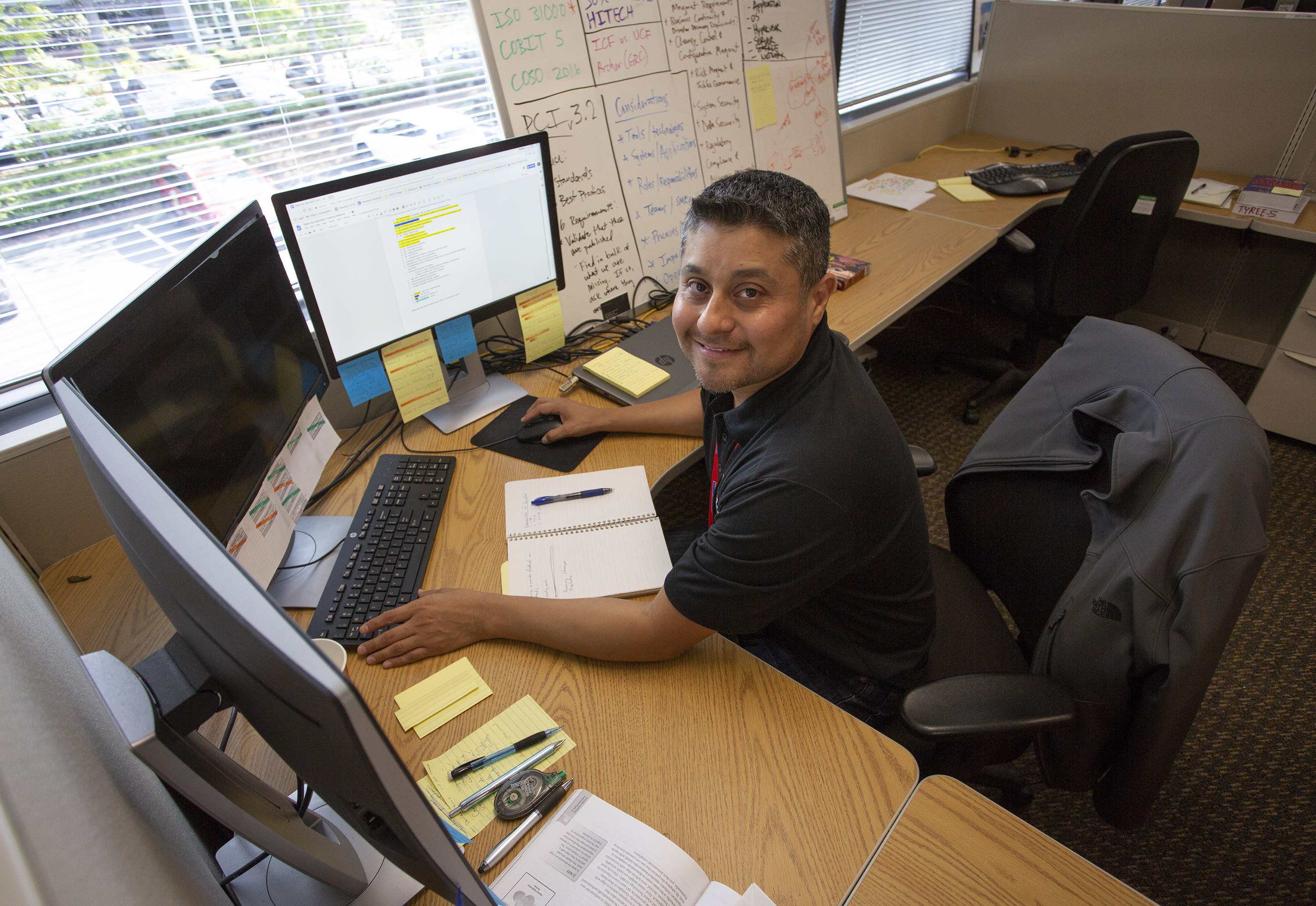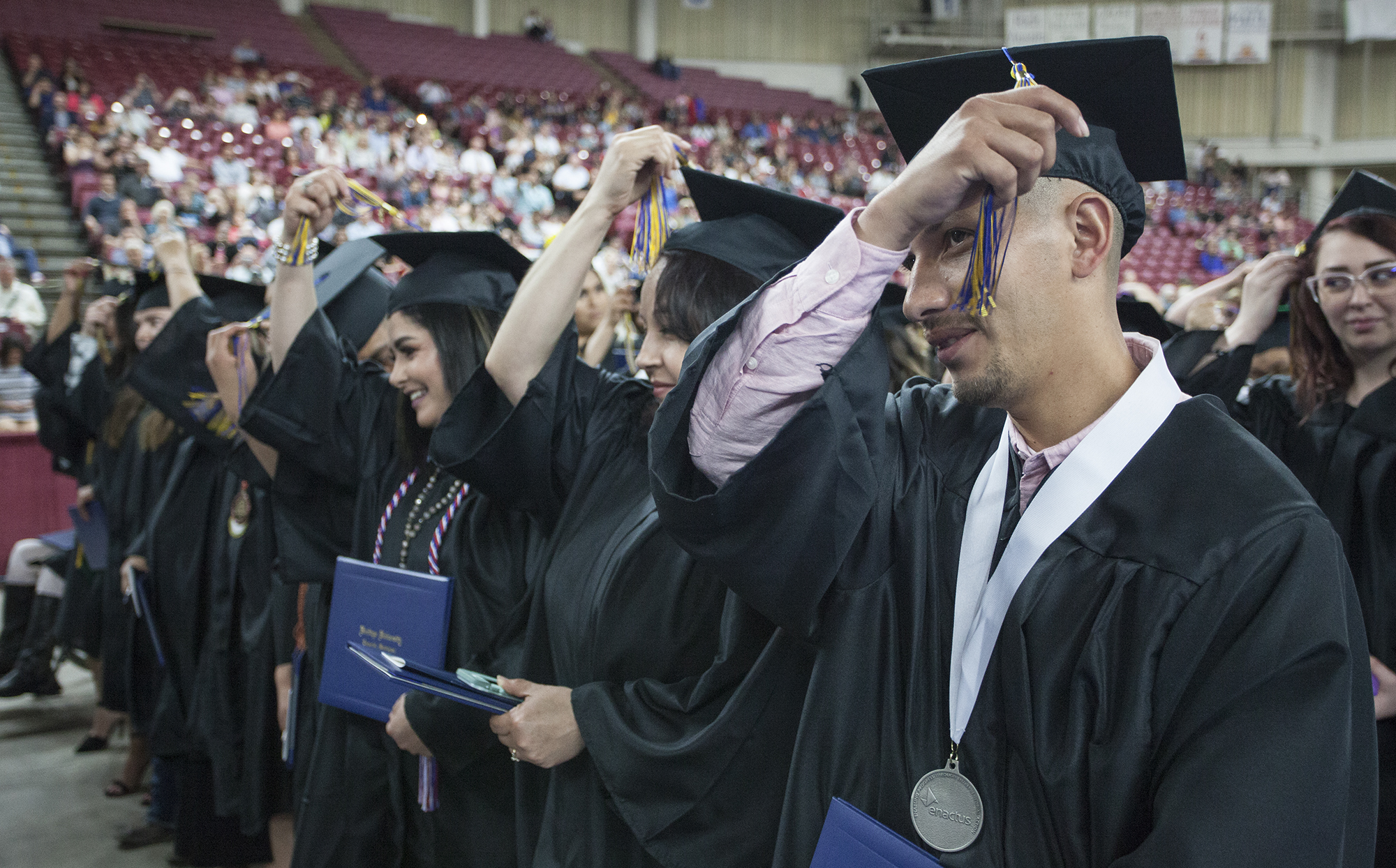Costco Co-Founder’s Family Foundation Selects Second Cohort of Scholarship Recipients at Heritage University
FOR IMMEDIATE RELEASE
Costco Co-Founder’s Family Foundation Selects Second Cohort of Scholarship Recipients at Heritage University
Toppenish, Wash. – The Sinegal Family Foundation, created by Jim and Jan Sinegal, has selected five students who will comprise the second cohort of Sinegal Scholars at Heritage University. These five students will receive the Sinegal Family Foundation Scholarship, which includes full tuition, fees and a $500 stipend for books for up to four years of study toward the completion of a bachelor’s degree. The cohort will also receive regular mentoring opportunities with Heritage alumni who work at Costco headquarters in Issaquah, Wash. and with Jim Sinegal, the co-founder of Costco, himself.
The recipients and the high schools from which they graduated are Rebecca Gomez, AC Davis High School; Jason Grajales, White Swan High School; Nansi Iniguez, Toppenish High School; Miguel Mendoza, Toppenish High School; and Kareli Mora, Granger High School.
These five students will join the five Sinegal Family Foundation Scholars already pursuing their degrees at Heritage as a result of a $1.14 million donation by the Sinegal Family Foundation to Heritage University in 2017. Each year five new scholarship recipients are selected and by 2021, the fourth year of the program, there will be a cohort of 20 Sinegal Scholars on campus. Sinegal and his wife Jan created the scholarship to assist students in pursuing their educational goals as well as being a partner with Heritage University in serving students and developing accomplished alumni.
The five recipients were chosen by a panel which included Mr. Sinegal and Heritage University graduates who now work at Costco headquarters in Issaquah. Selecting only five scholarship recipients was a daunting task. “The five named as the second cohort left long-lasting impressions on us all,” said Sinegal. “We can’t wait to work with them as they pursue their education, and watch them excel and succeed.”
Nansi Iniguez, who also has a twin brother who will attend Heritage this fall on a different scholarship, says receiving the Sinegal Family Foundation Scholarship is life changing for her family. “We are very thankful to Sinegal Family Foundation and Heritage for giving us this opportunity. This scholarship will make the dream of a college degree possible for me and my brother.”
Miguel Mendoza, who wants to pursue either an engineering or a medical degree, says the Sinegal scholarship will also make college possible for his family. “As a first-generation college student, my parents and I are thrilled to have this opportunity. My parents work in agriculture, and those jobs are changing rapidly too. What once required mostly a strong back and determination, now requires advanced education. Nearly all the students of the valley will need a college degree in the future and I am so thankful for the Sinegal Family Foundation and Heritage for making college possible for me.”
For more information, contact David Wise, VP of University Advancement and Marketing at (509) 865-0717 or wise_d@heritage.edu.
# # #

